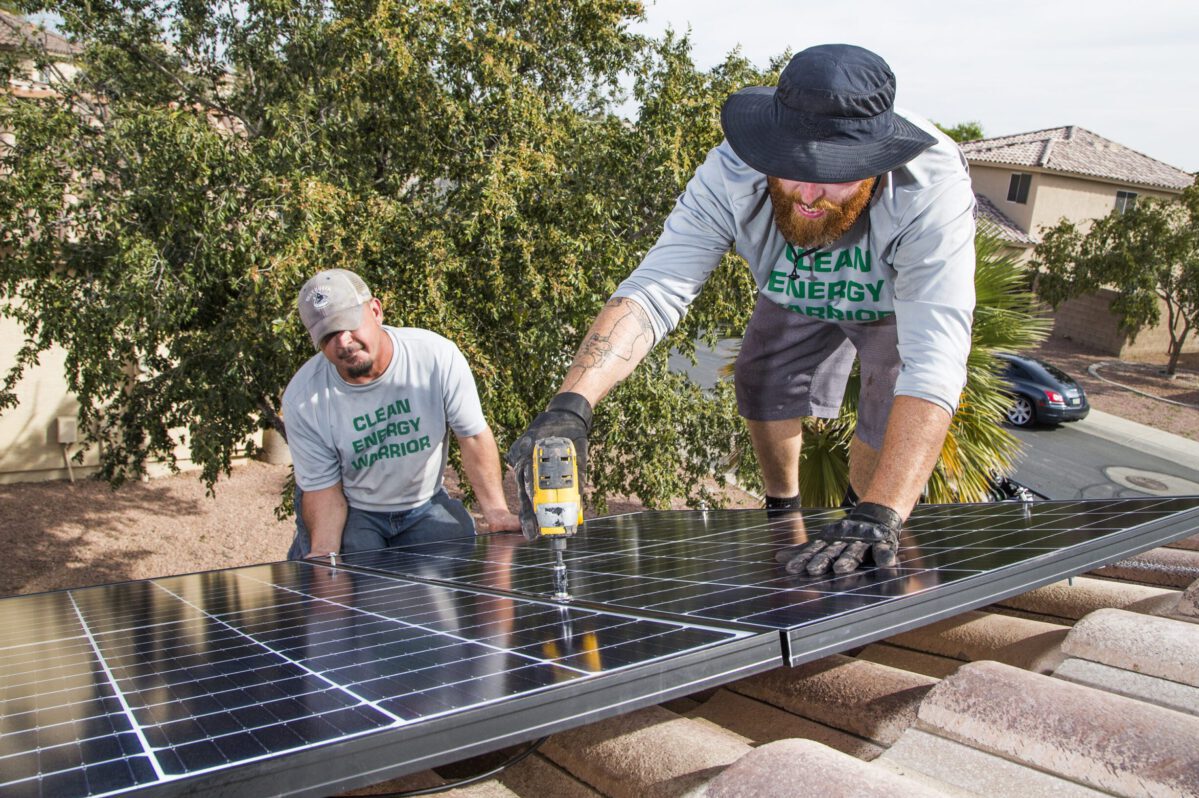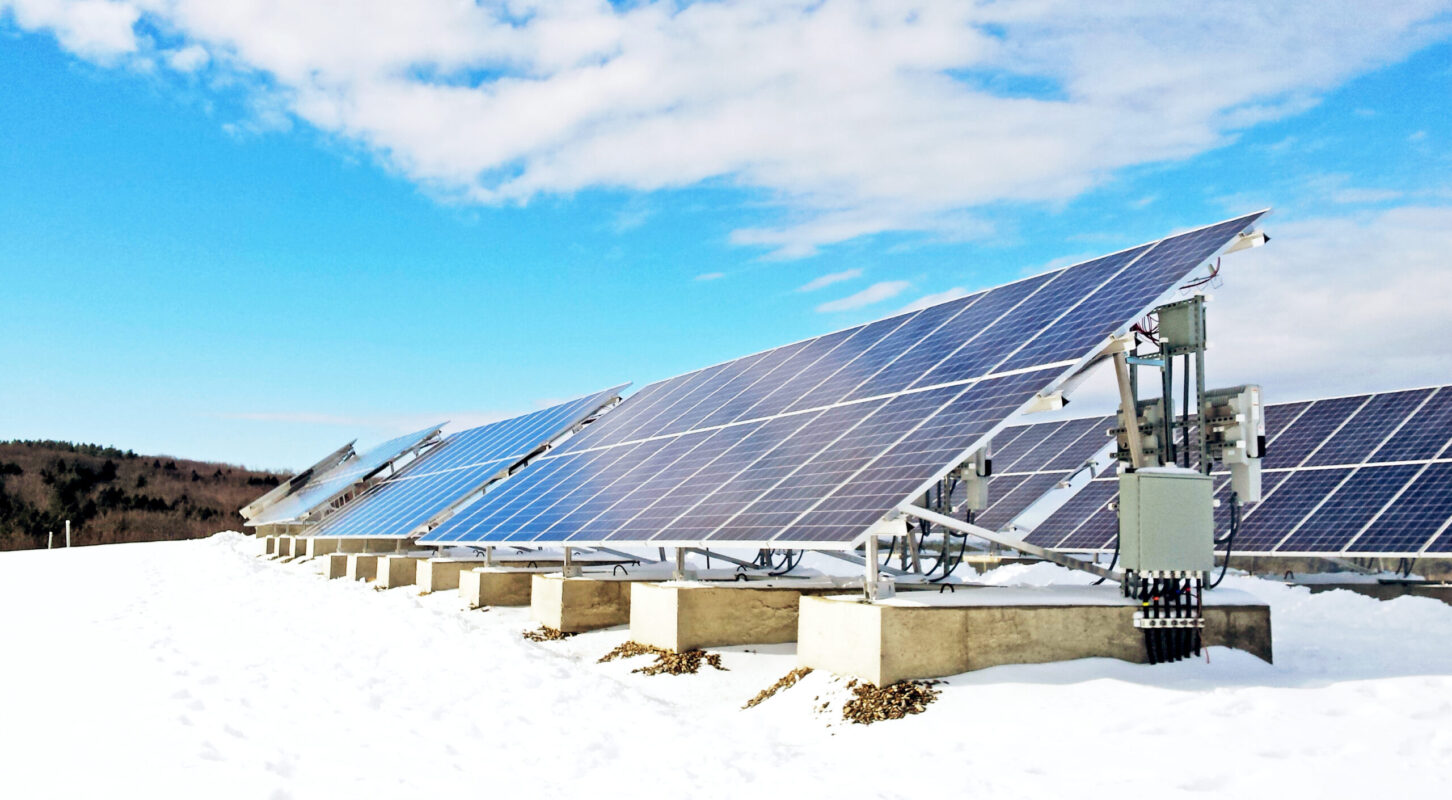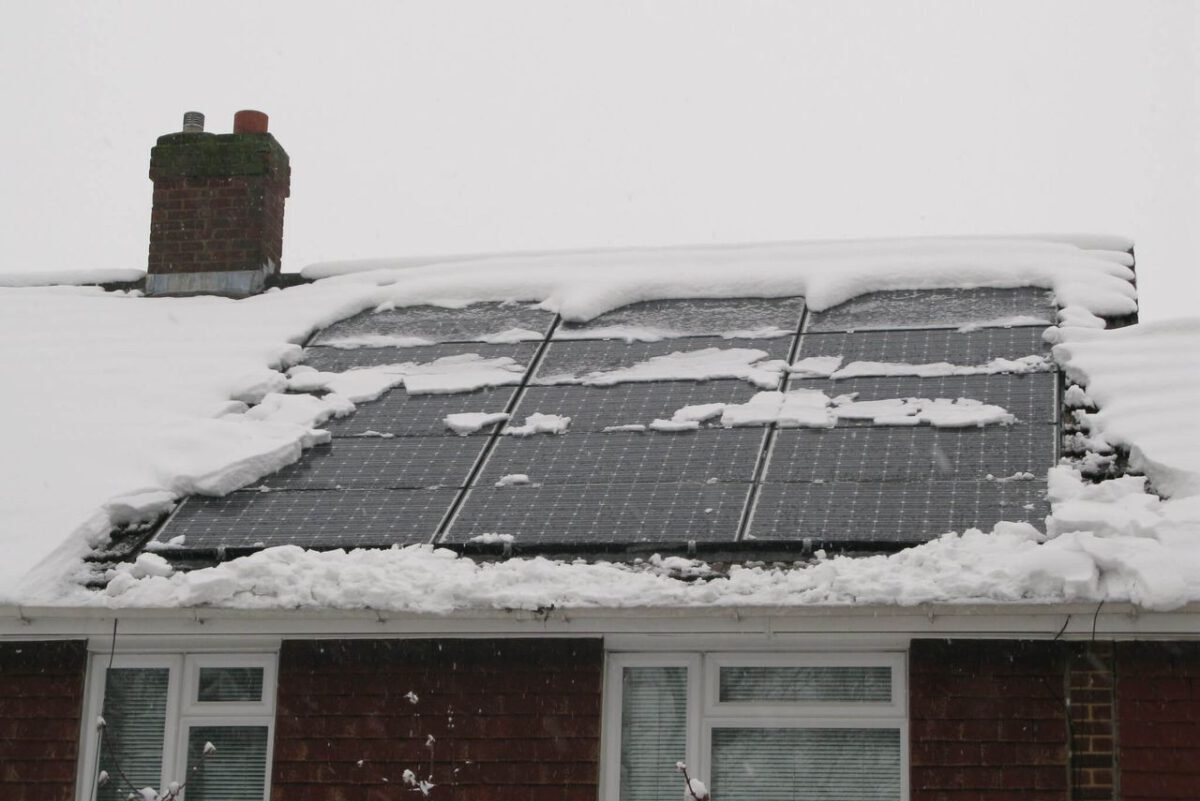The Need for Comprehensive Federal P.V. Solar Recycling Legislation
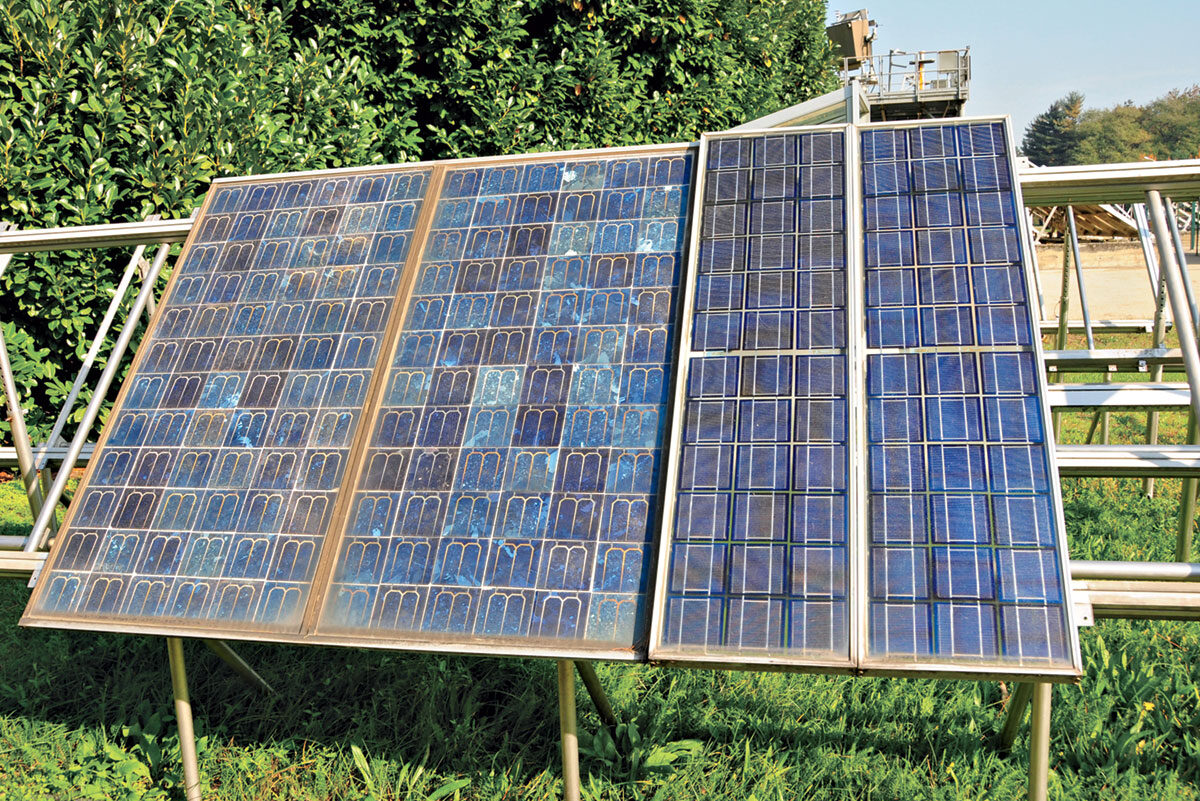
Over the past decade, the awareness of solar energy grew, hitting an exponential growth. However, individual states have underlooked consistent failure as they fail to prepare for solar panels’ end of life.
As of now, only Washington State has thought ahead and passed comprehensive legislation. The legislation mandates responsible P.V. end-of-life appropriate treatment by manufacturers. While other states are continuously trying to draft legislation on the same, the change is relatively slow.
United States solar recyclers can attest to the increasing shipment of decommissioned solar panels across national borders and state lines. The shipments continue to increase as states shy away from high recycling costs.
It is clear that the federal government is lagging in passing legislation that prohibits the dumping of solar panels after their end of life. The result is the dumping of these panels in landfills, whose effects will be disastrous.
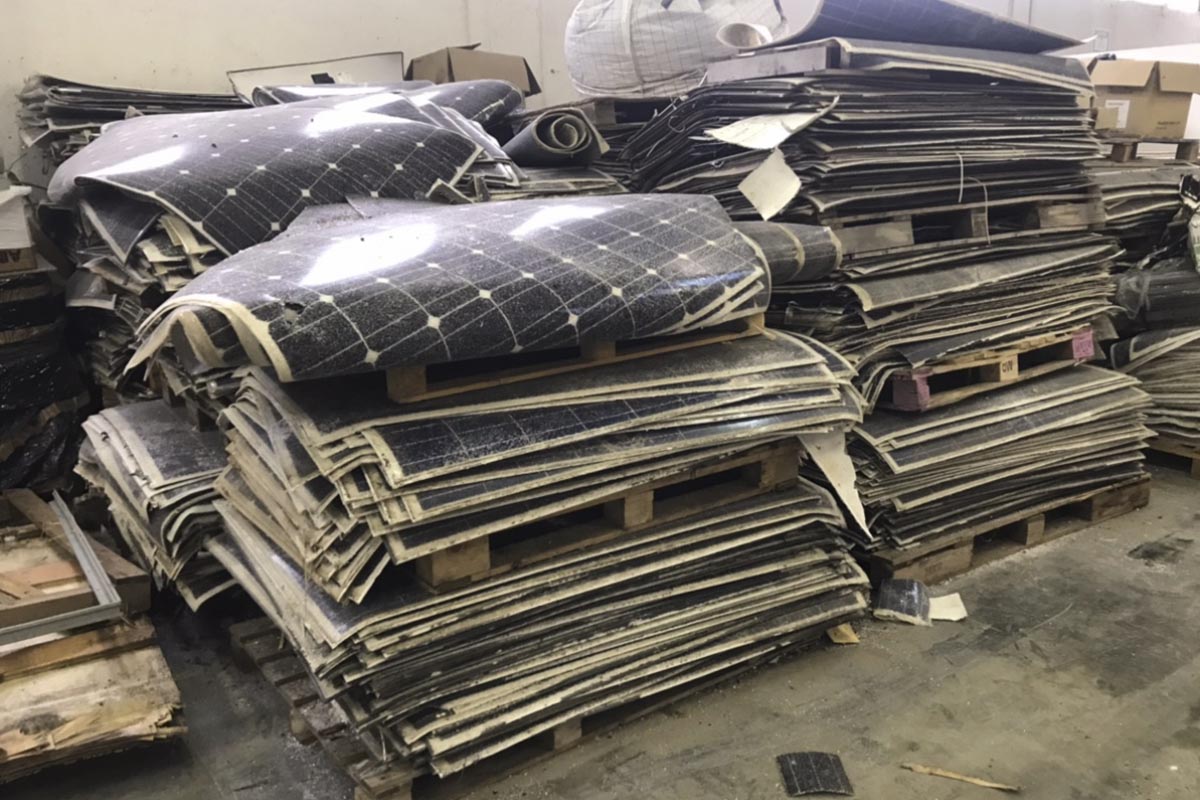
The legislation should also penalize shipping of these decommissioned solar panels to under-developed countries for use. Solar recycling legislation should order a producer-sponsored take-back initiative that encourages a circular economic approach for the panels.
In the year 2020, the United States recorded solar waste of 94,000 tons (around 4.2 million P.V. solar panels). The numbers are estimated to grow to approximately 1.1 million tonnes (average, 48.9 million solar panels) by 2030.
By 2050, it is estimated that the numbers will have risen to 11 million tons, around 489 million solar panels. However, of the expected decommissioned panels, only less than 10% are correctly recycled.
The poor recycling habits are highly attributed to the lack of awareness and the high recycling costs. On average, the recycling of one P.V. panel costs between $20 and $30. Therefore, most end-of-life solar panels end up in landfills, limiting recyclers and manufacturing agencies’ access to the material in the panels.
Panels contain materials like silver and silicon, which can quickly be recovered and reused in producing new solar panels; they also have lethal components such as cadmium, lead, and indium which can quickly enter the waste stream.
Washington State passed its comprehensive P.V. end-of-life legislation in March 2020. The legislation enacted take-back programs and photovoltaic module stewardship. Now, it is the manufacturer’s duty to finance the take-back of decommissioned panels and recycle them.
Additionally, the manufacturer is now required by law to submit its stewardship plan. The plan should include an outline they intend to follow to finance recycling, P.V. panels’ collection, and management.

